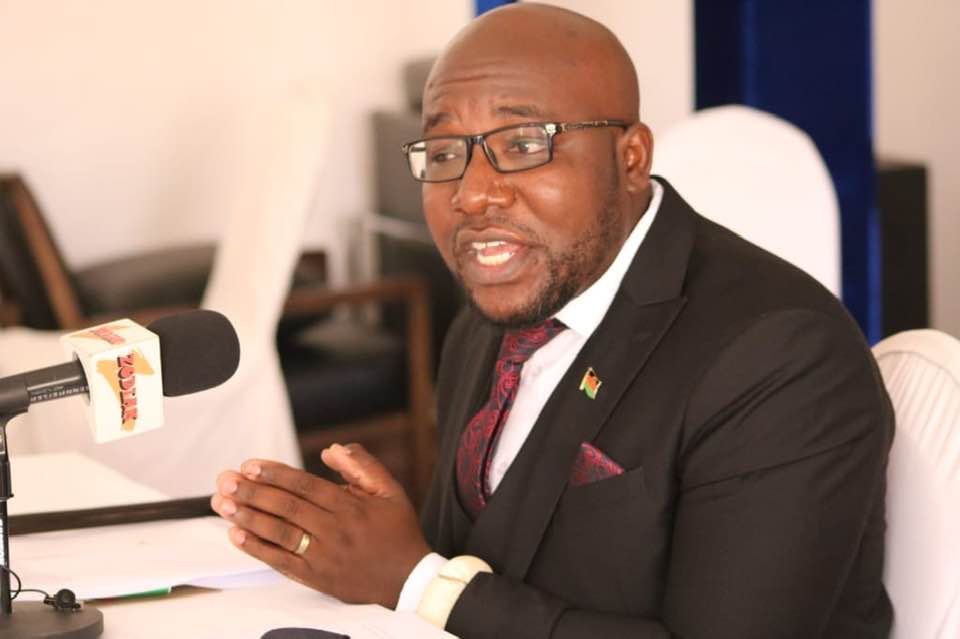Peace and Unity Bill tabling Nov—Mtambo
Minister of Civic Education and National Unity Timothy Mtambo has indicated that the Peace and Unity Bill has been developed and will be tabled in Parliament in November this year.
Speaking in Blantyre yesterday, he said the Bill was scheduled to be tabled during the recent Budget Meeting of Parliament, but failed due to some developments that led to its subsequent shelving.

In an interview on the sidelines of a two-day workshop on Peace Education and Conflict Prevention Strengthening facilitated by the Ministry of Civic Education and National Unity, the United Nations (UN) and the academia, Mtambo described the Bill as “an infrastructure of peace that is going to establish an institution at national level to coordinate matters of peace and unity which will be the Malawi Peace and Unity Commission”.
He said: “It will also decentralise peace building and conflict management efforts through the district peace and unity committees and this will also establish mechanisms for national healing.”
Mtambo said the ministry is pushing for public learning institutions to incorporate peace education courses in their curricula to enhance peace understanding across all levels.
However, he did not specifically explain who will be the implementing agencies of the Bill apart from the line ministry.
Currently, Mzuzu University is the only public learning institution in the country offering peace and security studies.
Mtambo said the country has underutilised the academia, stressing that a strategic partnership between the ministry, the academia and other relevant stakeholders will create a think-tank that will help in peace building.
In a separate interview, United Nations Development Programme (UNDP) portfolio manager (responsive institutions and civic engagement) Agnes Chimbiri also challenged the academia to provide solutions to conflict resolution.
She said: “The academia also needs to claim its space and academic institutions have to contribute to the configuration of the space for sharing ideas, for dialogue of different actors, and for the debate among diverse social sectors and government about the solutions to conflicts.
“This is the time to up the game and provide the Ministry of Civic Education and National Unity, district peace committees and the upcoming Peace Commission and different actors with expert advice regarding peace processes.”
Chimbiri also said there is need to enable the civil society to participate in, and influence peace talks or to facilitate communication between civil society and formal peace actors.
She said this will need evidence-based knowledge concerning the appropriate methods and tools for preventing and ending conflicts and fostering dialogue and engagement.
Besides, Chimbiri further said the UN cherishes its partnership with the academia and other stakeholders at the local and national levels to contribute to enlightened and evidence-based solutions to Malawi’s conflicts.
On his part, a representative of the academia, Master Dicks Mfune, who is also a peace and security studies expert and a lecturer at the University of Malawi, said the collaboration between the ministry, academia and the UN will be beneficial in peace building.
Mfune also stressed that the academia will be crucial in training officials on peace building initiatives and that it will provide research and evidence-based solutions in the country.
In 2019, the Malawi Government moved to institutionalise sustainable peace through a National Peace Architecture.
Previously, Malawi relied on a constitutional commitment to using non-violent means and the application of traditional conflict management mechanisms such as negotiation to resolve conflicts.





